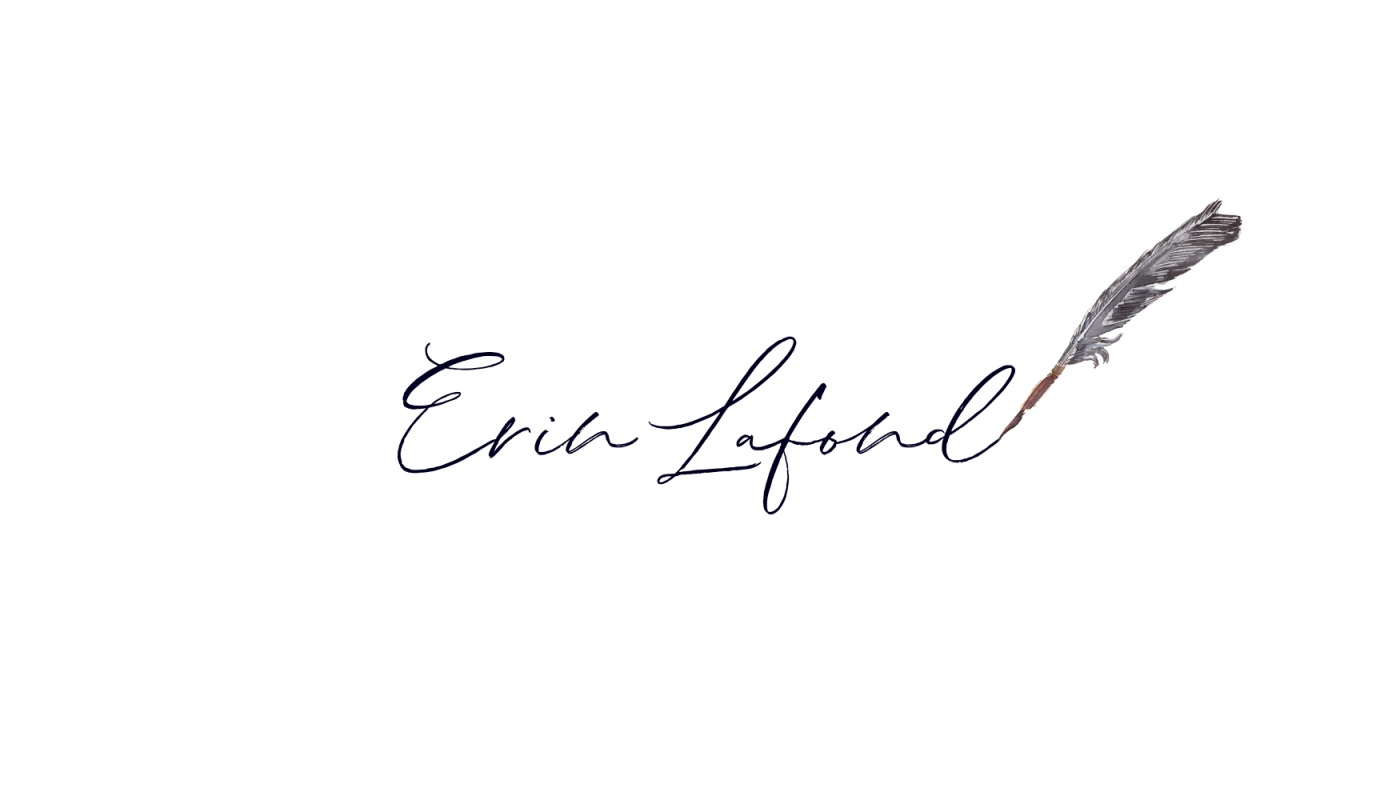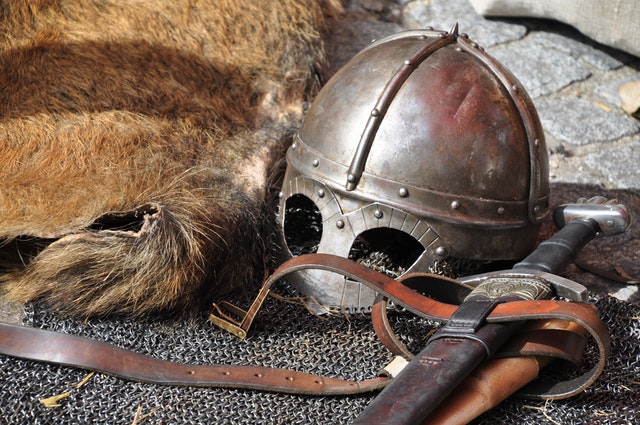Eowyn’s Hidden Motivation
Last updated on August 11th, 2025 at 09:15 am
This summer I reread Tolkien’s The Lord of the Rings. It had been awhile since I’d read them, so there was quite a bit I had forgotten. Somehow, I had completely missed the nuances of Eowyn’s story in my previous readings.
There are many reasons to love Eowyn. She is an inherently brave and remarkable character. She succeeds where all men have failed by killing the Witch King. She wants to fight for her country and her people. The problem is that it is easy to forget the details of her story if you have seen the movies more than you have read the books.
As Aragorn prepares to take the Paths of the Dead, Eowyn begs him not to go. When he insists he must go, she then begs to go with him. In doing so, she admits her owns fears and desires. Aragorn reminds her of her duty to govern Rohan, but she is “bitter” about this prospect saying “Shall I always be left behind when the Riders depart, to mind the house while they win renown, and find food and beds when they return?” (67). She goes on to tell Aragorn that she fears “a cage” and “to stay behind bars, until use and old age accept them, and all chance of doing great deeds is gone beyond recall or desire” (68). This is a powerful and memorable line, so much so that they use it verbatim in the movie. These are also not new sentiments for women. It makes sense that Eowyn would want to follow her brother and father-figure into battle, especially when that battle is to stop the destruction of the world. It also makes sense that she would want to go beyond catering to soldiers to become one herself. As she asks of Aragorn, “am I not of the House of Eorl, a shieldmaiden and not a dry nurse?” (67). Sure, she’s in love with Aragorn and wants to follow him, but she is also a strong woman asking for the right to fight for her people.
Of course, after Aragorn tells Eowyn to stay put, she promptly ignores him, dresses in armor, and secretly rides into battle. It is remarkable that no one saw this coming, but Aragorn is gone, and Eomer attributes her unrest to love sickness. Again, women have been dressing up as men in order to fight for a long time, but apparently not in Middle-Earth. She kills the Witch King and manages to survive which is an extraordinary feat. In both the movie and the book, she can resist him because she is a woman. Eomer discovers her body and has her taken to the House of Healing. Here is where things get interesting and problematic.
As Aragorn is healing Eowyn, Gandolf offers a theory to explain her actions:
you had horses, and deeds of arms, and the free fields; but she, born in the body of a maid, had a spirit and courage at least the match of yours. Yet she was doomed to wait upon an old man, whom she loved as a father, and watch him falling into a mean dishonoured dotage; and her part seemed to her more ignoble than that of the staff he leaned on.
Think you that Wormtongue had poison only for Theoden’s ears? Dotard! What is the House of Eorl but a thatched barn where brigands drink in the reek, and their brats roll on the floor among their dogs? Have you not heard these words before? Saruman spoke them, the teacher of Wormtongue. Though I do not doubt that Wormtongue at home wrapped their meaning in terms more cunning…who knows what she spoke to the darkness, alone, in the bitter watches of the night, when all her life seemed shrinking, and the walls of her bower closing in about her, a hutch to trammel some wild thing in? (174-175).
I quote Gandalf at length here, because there is a lot to unpack in these couple of paragraphs. There is also quite a tonal shift in the middle. He starts out empathizing with Eowyn, pointing out how difficult it must have been for her to play caretaker when her body was like that of her brother’s. These are things we have already talked about, but then Gandolf basically says Wormtongue infected Eowyn’s mind by convincing her that Rohan is a peasant country. Within one speech, she goes from being justifiably upset about her position to being manipulated into dissatisfaction. This implies that she would have been happy enough if Wormtongue had not harped on her totally understandable insecurities. Her situation was believable enough without adding Wormtongue to it. Did we need to blame her unhappiness on Wormtongue? Was it not already justified by her station?
Eowyn is often used as proof that Tolkien was not sexist. Nevermind that Arwen is literally ornamental, and there are more men in the Fellowship than women in the entirety of Middle-Earth. Look at how amazing Eowyn is! However, a closer reading of Eowyn suggests that her bravery is madness, and she goes into battle because she does not respect her house. It is her relationship with Faramir that “cures” her, and Eowyn declares “behold! The Shadow has departed! I will be a shieldmaiden no longer, nor vie with the great Riders, nor take joy only in the songs of slaying” (300). This calls into question just how progressive Eowyn’s character is. She was, quite frankly, indispensable during the Battle of Pelennor Fields, but that was a mistake that should never have happened. Tolkien could have just said Eowyn, having killed one of the fiercest enemies in exitance, had seen enough war for her lifetime and was ready to chill out. After all, when Aragorn gets crowned, everyone is looking for peace. There would be nothing wrong with Eowyn wanting to settle down and enjoy her new husband. That’s not what he does. Instead, he decides to almost negate her accomplishments by labeling them as temporary insanity. Even if she is forever remembered for her bravery within Middle-earth, we the readers are left with a bad taste in our mouths.
I do not say this to discount Eowyn as a character. No matter what Tolkien suggests, I will never see her as anything but brave, wonderful, and relatable. I have an infinite amount of respect for her. Still, it is important to examine her treatment within the novels, and her existence does not mean that Tolkien was not sexist. The problem with having one woman character (Arwen does not count, and Galadriel only mostly counts since she is basically an elf goddess) is that any flaws or problems are glaringly apparent.
I guess, in my head, I’ll pretend Gandalf only said the first paragraph. That’ll work.
//
Tolkien, J.R.R. The Lord of the Rings. Ballantine Books, 1975

